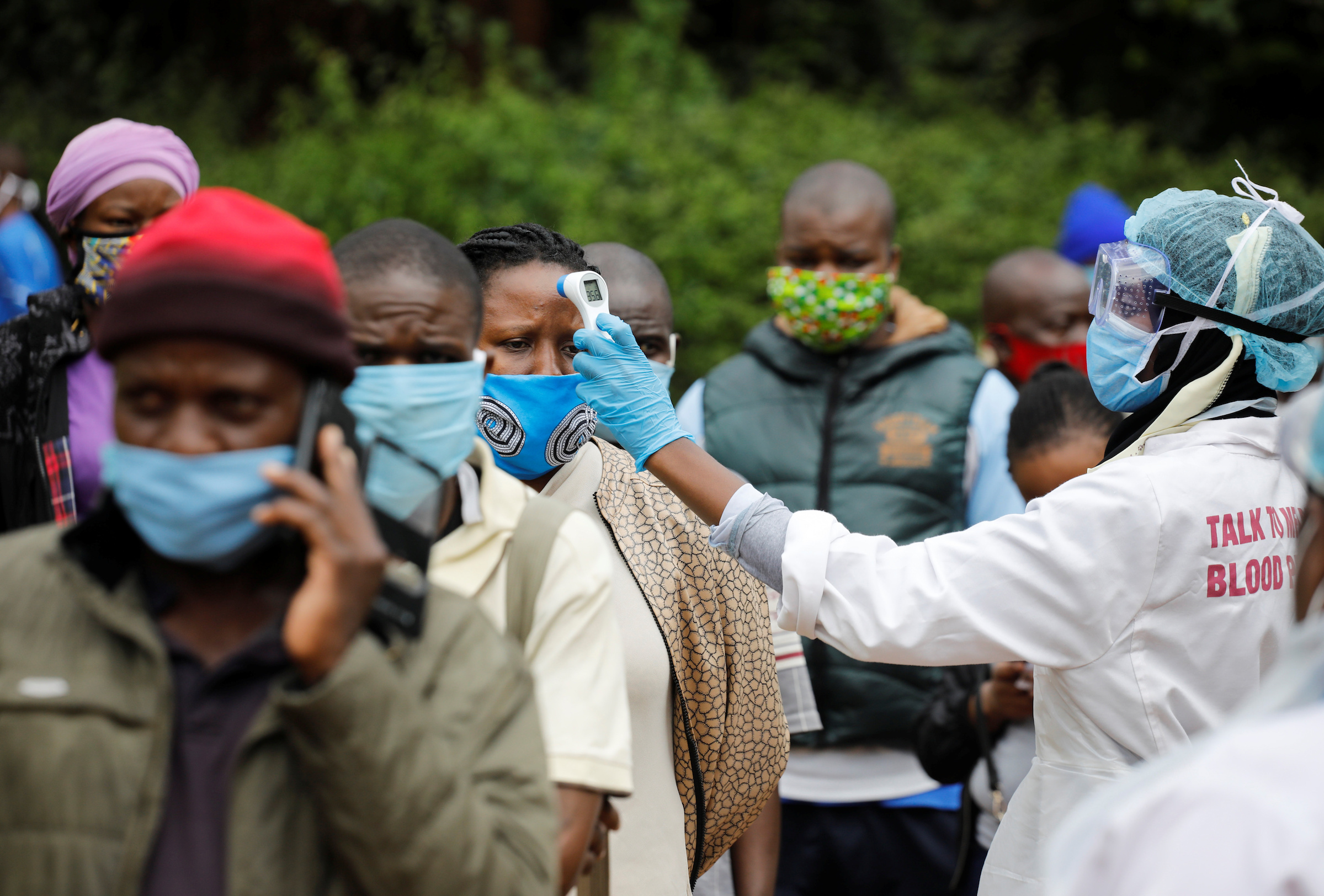
Kenya says over half of COVID-19 deaths link to non-communicable diseases

Over 50 percent of Kenyans who have died from COVID-19 have non-communicable diseases (NCD), an official said on Saturday.
Rashid Aman, Chief Administrative Secretary in the Ministry of Health said that a study revealed that people with pre-existing conditions have high chances of contracting the coronavirus.
He said that 16 percent of critically ill COVID-19 patients had diabetes, while diabetes and hypertension combined accounted for 47 percent of those who have died from pre-existing conditions. Diabetic patients are twice more likely to require intensive care than COVID-19 patients without it.
Aman said that people with severe abdominal obesity also have mechanical respiratory problems resulting in poor ventilation of the lungs thus increasing the risk of pneumonia as well as reduced oxygen saturation of the blood.
Kenya’s Ministry of Health said that 375 people tested positive to COVID-19 over the past 24 hours, bringing the national tally to 16,643.
He said that 128 patients recovered after being treated, adding that 74 recovered in the home-based care program while 51 were discharged from hospitals across the country.
Recently, hundreds of COVID-19 patients in Kenya recover under the home-based care guidelines, but the system is presenting fresh challenges arising from poor disposal of medical waste.
The highly-infectious medical waste generated under the system, which includes surgical face masks, personal protective gears and gloves, is finding their way into the environment.
Unlike in hospitals where medical waste is normally categorized and incinerated, in the home-based care system, the garbage is being mixed with any other generated at home and placed in plastic bags where it is picked by private collectors.
The medical waste currently comprises the bulk of garbage that ends up in many dumpsites across Kenya, thus, posing greater risks to the environment and neighboring communities.
Francis Kuria, the Head of Public Health, acknowledged that the home-based care system poses challenges on the disposal of used masks and protective gear on which the virus stays for some time.






